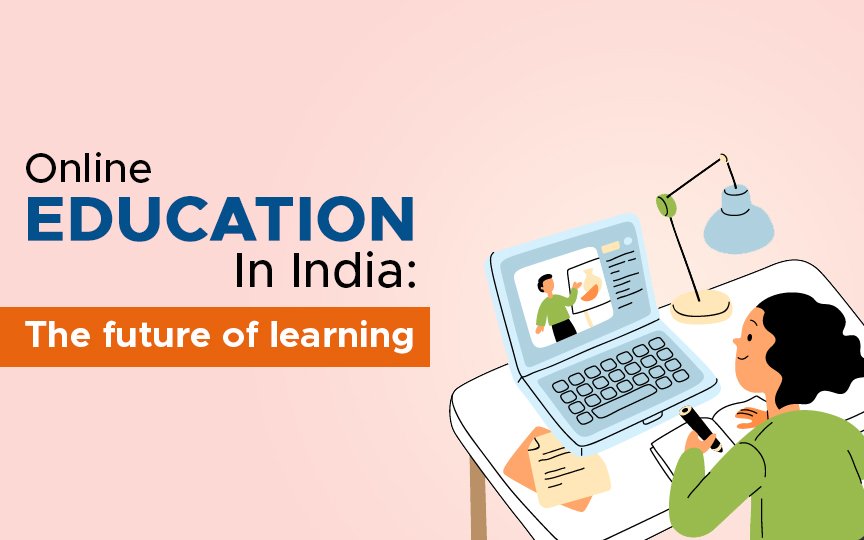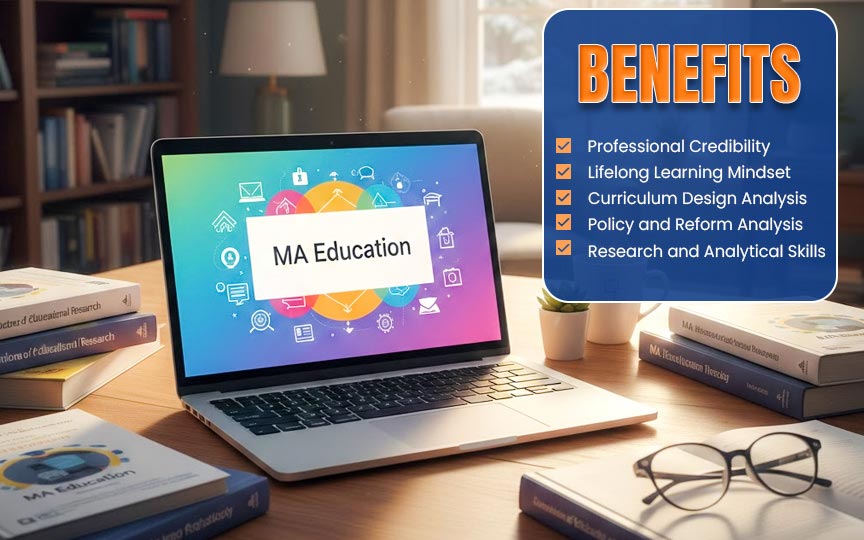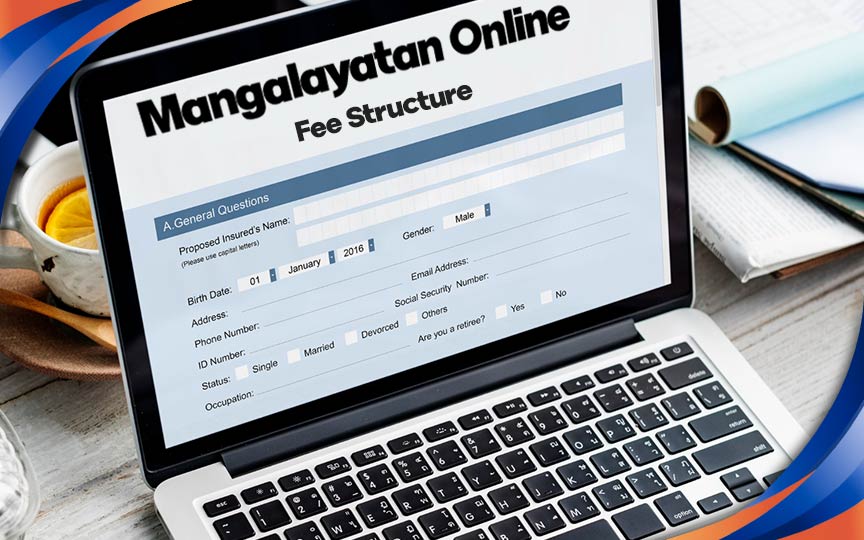The landscape of education is undergoing a seismic shift, and India is at the forefront of this transformation. Online education, once a novel concept, is now a mainstream reality, reshaping the way students learn and institutions teach.
Online education in India has been on a transformative journey, especially in the past decade. The COVID-19 pandemic acted as a catalyst, accelerating the adoption and acceptance of digital learning platforms across the country. With a rising population, the demand for quality education has never been higher. Online education has emerged as a beacon of hope, offering innovative solutions to age-old challenges in the Indian education system.
According to a report by KPMG, the online education market in India is projected to reach a staggering USD 30 billion by 2025.
This blog explores how online education is positively changing the education landscape in India, why it represents the future of education and the shifting mindset of parents and students toward this new paradigm.
The Evolution of Online Education in India
The concept of online education is not entirely new in India, but its widespread acceptance and integration into the mainstream educational framework have gained significant momentum only recently. With increasing internet accessibility and the rapid increase of smartphones, digital learning platforms have become more accessible to a broader audience.
Government initiatives like the Digital India campaign and the introduction of various e-learning platforms have further bolstered this shift.
Advantages of Online Education
- Accessibility and Inclusivity
One of the most significant advantages of online education is its ability to bridge geographical barriers. Students from remote and rural areas, who previously had limited access to quality education, can now learn from the best educators in the country.
- Flexibility and Convenience
Online learning provides exceptional flexibility, enabling students to study at their speed and convenience. This is particularly beneficial for working professionals and those pursuing multiple courses simultaneously. The ability to access course materials anytime and anywhere ensures that learning is not confined to traditional classroom hours.
- Cost-Effectiveness
The cost of education has always been a concern for many Indian families. Online education significantly reduces the financial burden by eliminating expenses related to commuting, accommodation, and physical infrastructure.
According to a survey conducted by the National Sample Survey Office (NSSO), the average annual expenditure on education in rural India is around INR 6,206 per student, while in urban areas, it is INR 18,778 per student. Online education can drastically cut these costs, making quality education more affordable.
- Personalized Learning
Digital platforms leverage artificial intelligence and machine learning to provide personalized learning experiences. Adaptive learning technologies assess a student’s strengths and weaknesses, tailoring the curriculum to meet their individual needs. This ensures a more effective learning process, as students can focus on areas where they need improvement.
Why Can Online Education Be The Future of Education in India?
- Technological Advancements
The rapid advancements in technology are making online education more interactive and engaging. Virtual reality (VR), augmented reality (AR), and artificial intelligence (AI) are revolutionizing the way students learn, providing immersive and experiential learning experiences. For instance, students can now explore historical sites through VR or conduct scientific experiments in a virtual lab.
- Growing Acceptance and Adoption
The acceptance of online education is growing among both students and parents. A survey by the Boston Consulting Group (BCG) and the Internet and Mobile Association of India (IAMAI) revealed that 90% of respondents believe that online education is effective for skill development, and 76% are willing to continue using online learning platforms post-pandemic.
- Government Initiatives
The Indian government has been proactive in promoting online education through various initiatives. The Ministry of Education’s SWAYAM platform offers a plethora of online courses, ranging from school to postgraduate levels, free of cost.
Similarly, the National Digital Library of India (NDLI) provides access to a vast repository of educational resources. These initiatives are aimed at democratizing education and ensuring that no student is left behind.
Changing Mindset of Parents and Students
- Shift in Perception
Traditionally, Indian parents have placed a high value on classroom-based learning. However, the pandemic-induced shift to online education has led to a change in perception. According to a report by the Centre for Monitoring the Indian Economy (CMIE), 70% of parents now believe that online education is an acceptable alternative to traditional schooling.
- Emphasis on Skill Development
The focus is shifting from rote learning to skill development. Online platforms offer a wide range of courses that cater to diverse interests and career aspirations. From coding and digital marketing to soft skills and creative arts, students have the opportunity to pursue their passions and develop skills that are relevant to the modern job market.
- Increased Parental Involvement
Online education has also led to increased parental involvement in their children’s learning journey. Parents can monitor their child’s progress, access learning materials, and engage in discussions with educators more conveniently. This has fostered a more collaborative approach to education, with parents playing an active role in their child’s academic development.
The Future of Education: An Online-First Approach
There is a growing consensus that online education is not merely a temporary solution but the future of learning. Expect even more innovative and immersive learning experiences with the continual advancement of technology.
AI-Powered Learning: Artificial intelligence will play a crucial role in personalizing learning paths, providing real-time feedback, and automating administrative tasks.
- Virtual and Augmented Reality: Immersive technologies will create engaging and interactive learning environments, making education more enjoyable and effective.
- Hybrid Learning Models: A combination of online and offline learning will become the norm, offering the best of both worlds.
- Lifelong Learning: Online education will facilitate continuous learning and skill development throughout one’s life, enabling individuals to adapt to the ever-changing job market.
While challenges such as the digital divide, infrastructure issues, and quality control persist, the overall trajectory of online education in India is undeniably positive. By embracing this transformative force, India can unlock its full educational potential and create a brighter future for its citizens.

Conclusion
Online universities in India are undoubtedly transforming the Indian education system, making it more accessible, flexible, and cost-effective. The rapid technological advancements, coupled with the changing mindsets of parents and students, indicate that online learning is here to stay.
As we move forward, it is imperative to continue investing in digital infrastructure, fostering innovation, and ensuring that quality education is accessible to all.
Online education is a powerful tool that can revolutionize the way we learn and teach. By embracing this change, India can unlock the potential of millions of students, preparing them for a bright and prosperous future.







